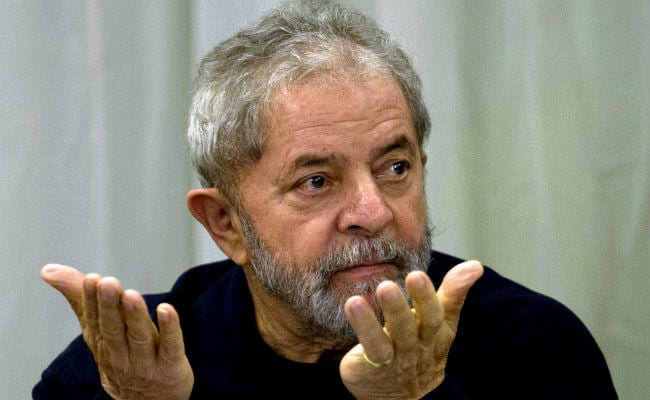Petrobras is still dumping assets, despite the directive from the Lula-led administration.
The state-owned company announced the closure of the Norte de Capixaba deal with Seacrest Petroleo, an independent that was recently listed on the Euronext stock exchange.
The company appears to be fighting tooth and nail for its divestment program, which kicked off last year under the Bolsanoro government, to shift resource focus on assets in the deep and ultradeep waters.
With the Capixaba deal, Petrobras transferred all of its stakes in the cluster, which comprises four onshore assets in the Espirito Santo Basin. Petrobras said the Norte Capixaba Terminal and all the production facilities contained in the ring fence of the concessions are also part of the Cluster, besides the ownership of some lands.
It serves as an important signal to investors as Petrobras has three pending deals – Pescada, Potiguar, and the Golfinho and Camarupim clusters.
The company explained that the Norte Capixaba Cluster accounts for 3.3% of its production in the State of Espírito Santo, and its transfer does not impact other activities in the region. It maintains operations in important deepwater fields, notably Parque das Baleias, in addition to seven exploratory areas.
This push back may not sit well with President Lula, who like Bolsonoro has a history of political interference in the national oil company.
One Americas Market Intellegence (AMI) analyst saw this coming from Lula’s campaign trail. He vowed to revamp Petrobras and even institute a new energy policy.
This is why he halted Petrobras’ asset dumping in the first place.
But the reversal of the privitisation could be costly.



